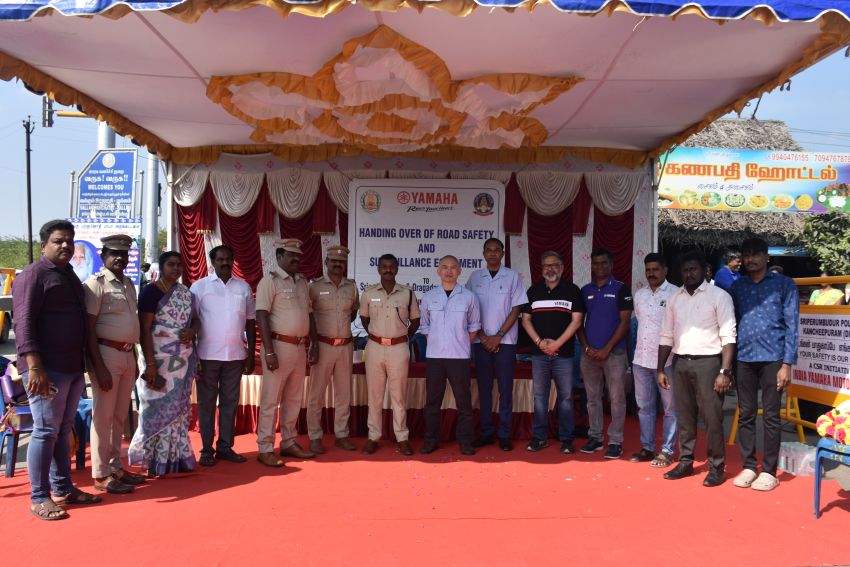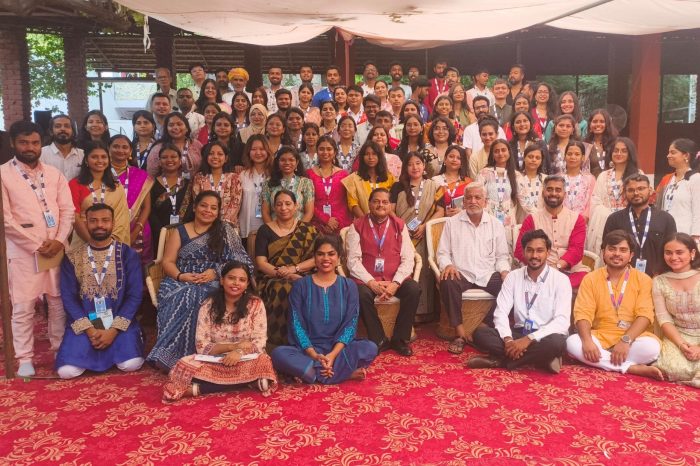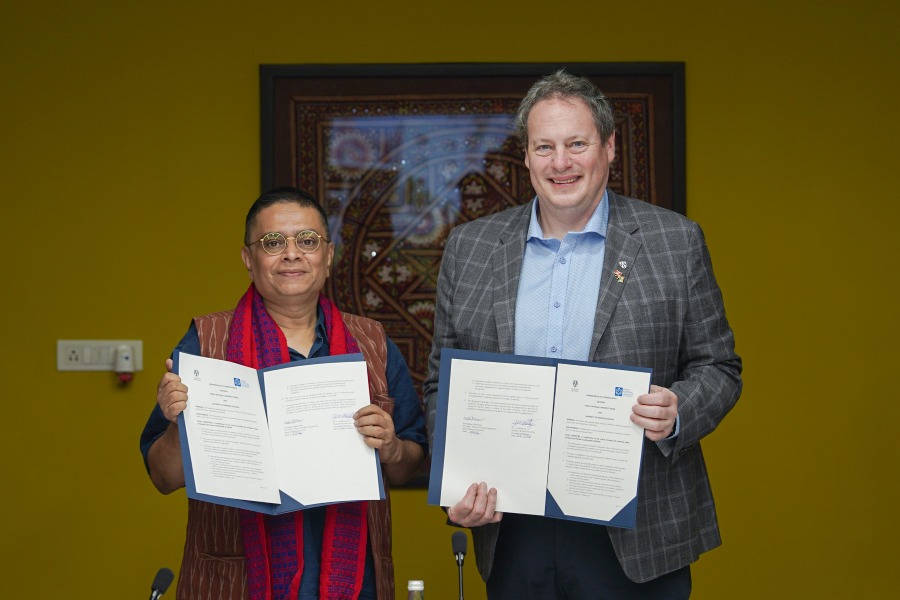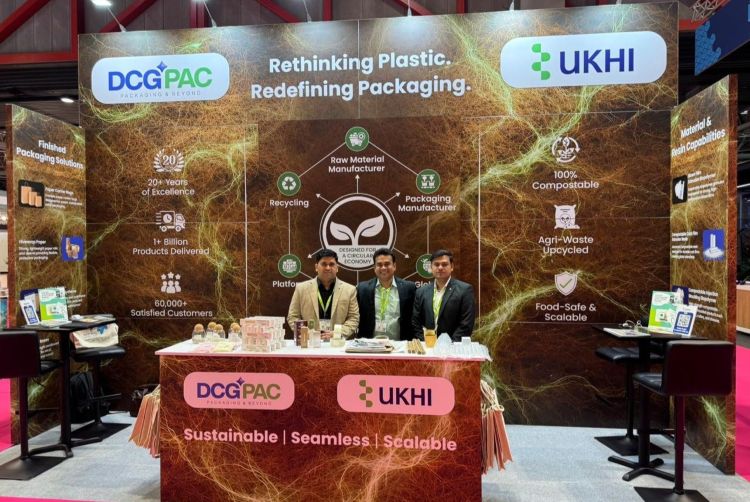Gurugram, May 20, 2024: Consumer electronics brand Samsung has introduced the first ever design thinking and training workshop in select schools across the country. This unique initiative, part of Samsung’s ‘Solve for Tomorrow’ programme, focuses on enhancing essential skills such as problem-solving, critical thinking, probing, and creativity among students through the Human-Centred Design Thinking framework. The national education and innovation competition aims to foster a culture of innovation amongst the next generation.
Tailored specifically for India, the one-day workshop has been conceptualised to encourage students to appreciate the idea of design thinking and nudge them to identify and solve real-world problems. As part of the academic curriculum, Human-Centered Design Thinking is a powerful practice for solving-problems. Using processes and tools from the design world, the-Human Centred Design framework impresses upon empathy, definition, ideation, prototyping and testing of a solution to improve the lives of users.
“Samsung Solve for Tomorrow is part of our vision to empower the next generation and create an ecosystem of innovation in the country. We believe that they are the flag-bearers of innovation and require nurturing from a young age. The design thinking workshops have been introduced as a pilot in 10 schools this year to motivate young students to execute projects, which involve problem-solving, collaboration, and creative thinking. Through these offline sessions, school students will get a unique opportunity to question basics, identify real-world issues and propose tech-based solutions," said SP Chun, Corporate Vice President, Samsung Southwest Asia.
A one-day Design Thinking Workshop begins with an introduction to the basic concepts of Design Thinking. Participants are given an overview of the methodology and its importance in solving complex problems through a user-centered approach.
The workshop covers the five steps of the Design Thinking process. The first step, Empathy, involves participants engaging in role-playing and interviews to understand the experiences and perspectives of various users affected by real-world problems. This helps in gaining a deep understanding of the users' needs and challenges.
Next, in the Define stage, participants consolidate their notes and engage in guided discussions to identify the core issues. They use tools like the Problem Tree to pinpoint root causes and determine areas for intervention. This step ensures that the problem is clearly articulated and understood.
In the Ideate phase, participants are encouraged to brainstorm a multitude of solutions, embracing all types of ideas. This stage emphasizes creativity and open-mindedness, allowing participants to explore various possibilities before refining and finalizing interconnected solutions through group collaboration.
The Prototype step involves participants reviewing prototyping methods and translating their chosen solutions into tangible storyboards. These prototypes are then presented for feedback, enabling participants to improve and enhance their ideas based on constructive criticism.
Finally, in the Test phase, participants implement their solutions and gather user feedback to assess their effectiveness. The feedback mechanism helps in understanding user experiences and satisfaction levels, allowing for further refinement and improvement of the solutions.
Samsung 'Solve for Tomorrow’ ignites the passion for problem-solving, collaboration, and creative thinking among young minds. First launched in the US in 2010, Solve for Tomorrow is currently operational in 63 countries globally and has seen over 2.3 million young people participate worldwide.
Students aged 14-17 year - individually or in teams of up to five members - can submit their ideas in the "Community & Inclusion" theme caters to empowering underprivileged groups by improving accessibility to health, improving learning methods and access to education, and ensuring social inclusion for all.
Semi-finalists 10 teams will get INR 20,000 grant for prototype development & Samsung Galaxy Tabs. Final five teams will get INR 1 Lakh Grant each for prototype enhancement & Samsung Galaxy Watches.
The Winning Team will be declared as the "Community Champion" of Solve for Tomorrow 2024 and will receive a seed grant of INR 25 Lakh for prototype advancement. The Schools of the winning teams will also receive Samsung Products to boost educational offerings, encouraging a problem-solving mindset.
















.jpg)



